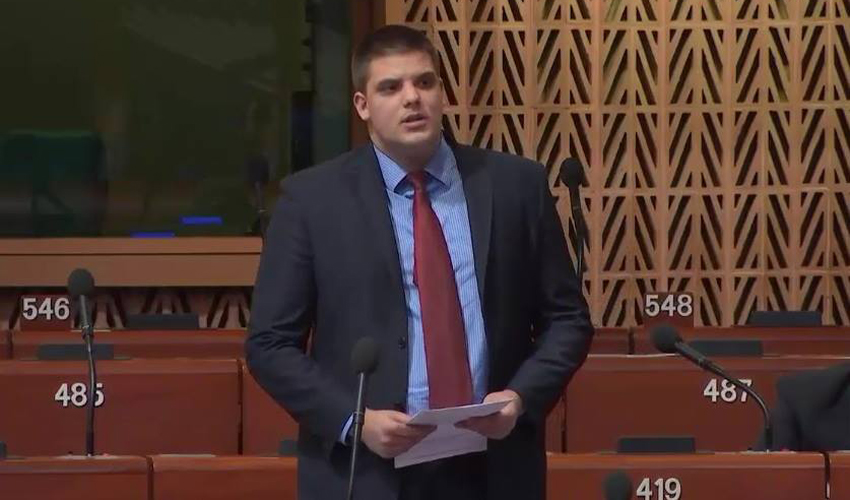
Alexey Buzu, Minister of Labor and Social Protection
“We operate in a service and IT-driven economy where the number of hours worked is no longer the primary measure of productivity. Productivity matters most. If some companies want to introduce a four-day working week, they are free to do so. What matters to me is the productivity of my colleagues, not how long they sit at their desks. The government will not impose or regulate a certain model of the working week for employers in Moldova,” the minister said in an interview with Radio Moldova.
Buzu explained that the legislation allows companies to introduce a shorter working week, provided that the employees’ rights to wages are respected. The Labor Code allows flexible working hours. But it limits the working day to a maximum of ten hours.
The English company Roundpay Metal Finishers was the first in the world to introduce a four-day working week in 1965. At the same time, the number of working hours remained the same – 40.
Wildbit introduced a four-day workweek with 32 working hours in 2017 and is still working this way.
Microsoft Japan, the Japanese division of an American corporation, introduced a four-day workweek in 2019. As part of the Work-Life Choice Challenge, 2,300 employees began working Monday through Thursday, with Friday, Saturday, and Sunday off.
The company then presented the results, comparing them to data from August 2016-2018, when no such experiments took place. As it turned out, employees took fewer sick days, there was a quarter less time off, paper consumption fell by half, and electricity consumption dropped by about a quarter. And labor productivity increased by 39.9%, despite the fact that employees spent less time at work.
Belgium became the first country in Europe to legislate a four-day working week in 2022. Portugal is testing similar models, and in the UK, more than 200 companies are currently adhering to the idea without cutting wages. In the spring of 2023, France began testing this model in the public sector, and Spain, after long negotiations, approved a reduction in the working week from 40 to 37.5 hours for millions of private sector workers.
In 2023, the Polish government announced plans to reduce working hours by introducing a four-day workweek or seven-hour workday by the end of its current term in 2027. Even in Romania, four out of ten companies are willing to apply such a program.













